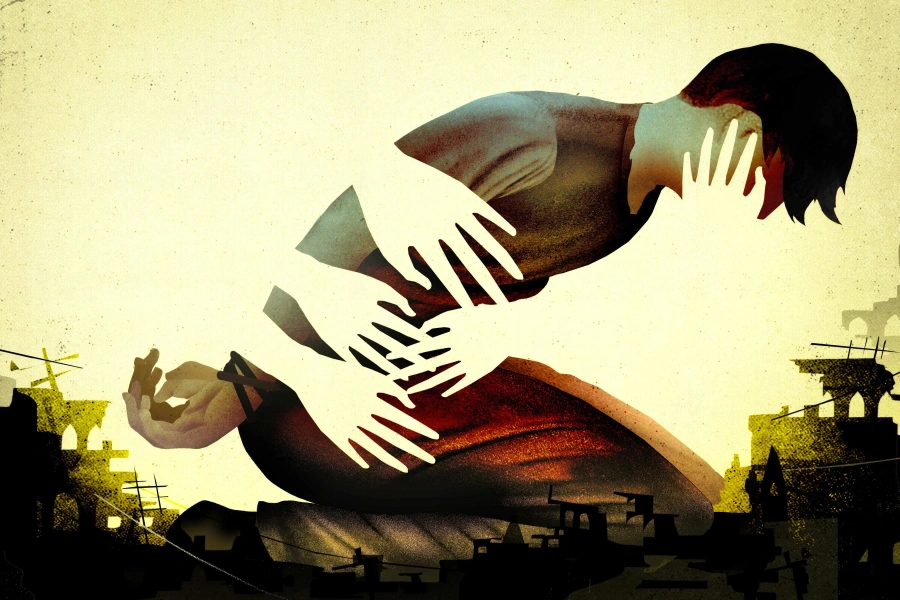KATHMANDU, Nov 3: Had the Supreme Court given due priority to settling high-profile corruption cases pending with it for years, NC rebel candidate Govinda Raj Joshi might not have filed as an independent for the parliamentary election from Tanahun constituency 1 on Tuesday.
The corruption case against Joshi, who is accused of embezzling some Rs 25 million, is pending at the apex court since over a decade and half. As per existing legislation, a person convicted of corruption is automatically disqualified for contesting any polls. In case he had been found innocent, Joshi might not have run as a rebel candidate.
Although there are legal provisions requiring that any case involving corruption needs to be settled by the Special Court within six months and the apex court should hear the appeal, if any, within the next three months, Joshi's case has seen no progress for the past 15 years.
CJ Rana assigns hearings on all types of cases at SC

The case first reached the apex court in 2009 and it was then sent back to the Special Court for review.
It did reach the Supreme Court again for a final verdict in 2012 after Joshi was slapped a one and a half year jail sentence and a fine of Rs 21.6 for embezzlement of the same amount when he served as a government minister at different times. But in the six years since the case landed at the Supreme Court, hearings have been repeatedly postponed.
Joshi's case is just one excample. There are over 500 high-profile graft cases pending at the apex court for years. These include a case concerning former customs chief Yubaraj Sharma, which have been awaiting an apex court verdict since the last one and a half decades.
According to Attorney General Basanta Ram Bhandari, most of the accused have a tendency to seek the postponement of hearings, citing one reason or another, but it is the judiciary and the government attorneys who have been taking the blame.
“Hearings in such high-profile graft cases could not take place during the local elections because most of the government attorneys were deployed for poll duty, and they are now being deployed for the parliamentary elections also,” Bhandari told Republica. “This has been resulting in the postponement of hearings.”
Bhandari said he had recently met the chief justice and it had been agreed that cases would not be rescheduled at any cost. But now as all the judges have been assigned to election duty.
For the last four months since Gopal Prasad Parajuli assumed the post of chief justice, not a single corruption case has been scheduled for hearings . Parajuli became acting CJ on May 9, 2017 after Sushila Karki's retirement. No such case was scheduled in the weekly cause-list after that. Following the Dashain festival, some cases were scheduled for hearings, but these could not get their chance.
“There is no practice of hearing cases in the month of July when the fiscal year begins, and there were long public holidays for Dashain and Tihar. So we could not hear the cases,” Bhandari said.



































